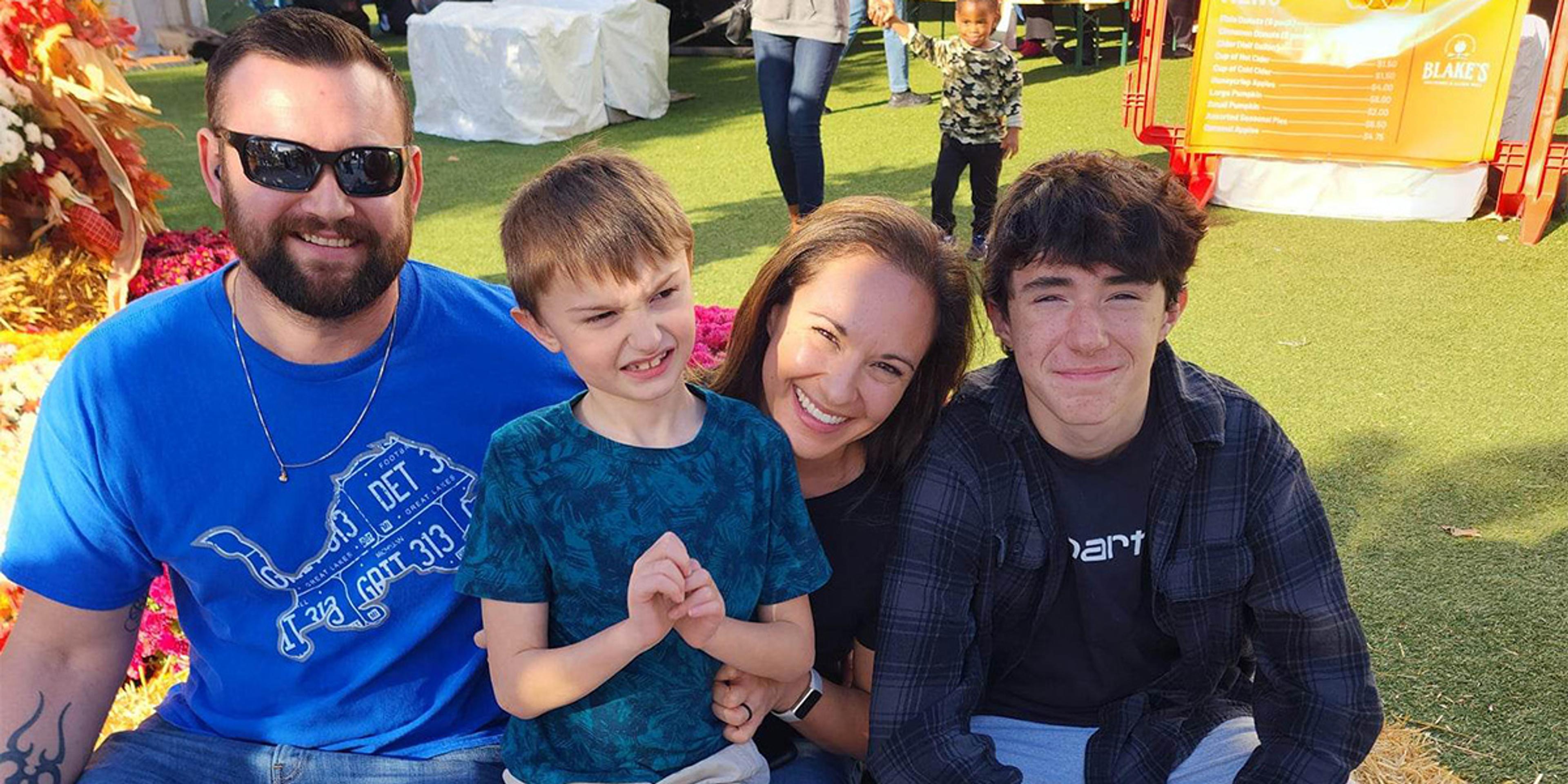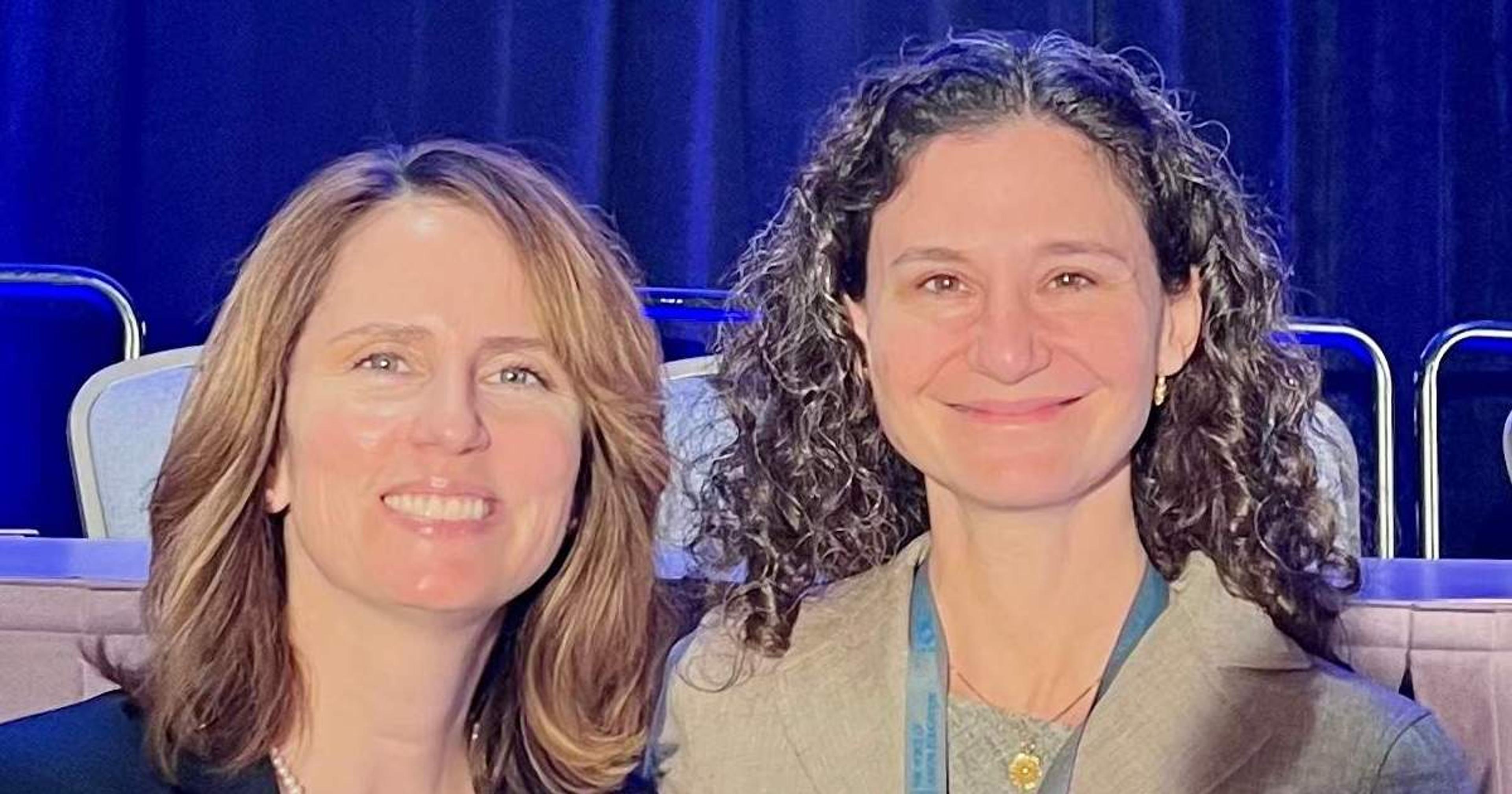Precision Population Health Initiative Rolling Out at Wayne State University
Julie Bitely
| 4 min read

Is data the key to unlocking improved public health and overcoming health disparities? Supporters of a new precision population health initiative at Wayne State University are hopeful. The university is partnering with the Detroit Health Department, Wayne County Health Authority and Microsoft Corp. to gather data that is usually siloed by individual organizations. By layering de-identified health stats and demographic information with social determinants of health identifiers such as household income, crime statistics and access to grocery stores, it’s hoped that a much clearer picture of neighborhood-level health obstacles will emerge. The data will create PHOENIX (Population Health Outcomes and Information Exchange), a shared, up-to-date database that will be used to identify targeted interventions to improve public health problems like obesity and hypertension. “We need to develop more targeted intervention,” said Kim Trent, chair, Board of Governors, Wayne State University. Trent opened a panel discussion about the project and its implications at this week’s Mackinac Policy Conference. Moderator David Brooks, director of health, Veterans and Community Wellness, Wayne County, was joined by Laura Appel, senior vice president and chief innovation officer, Michigan Health & Hospital Association; Renée Branch Canady, CEO, Michigan Public Health Institute; Tim Lawther, deputy director, Detroit Health Department; and Phillip Levy, professor and associate chair, Emergency Medicine, assistant vice president, Wayne State University. Levy is leading the project and pointed out that social disparities in Detroit are leading to health disparities. The life expectancy in Detroit is 69, whereas in nearby Grosse Pointe, residents are expected to live until 82 – a full 13 years longer. It’s not surprising, Levy explained, noting that most of a person’s health potential is driven by health behaviors, which are heavily influenced by social and economic factors and their physical environment. “Our health is not what it should be … and health is complicated,” Canady expanded. She said well-known advice to move more and eat better ignore factors that plague many in underserved, urban communities like Detroit. It’s difficult to move more if you don’t feel safe taking a walk in your neighborhood. Eating well isn’t always the most affordable choice and it might not even be practical if there’s no fresh grocer nearby. Historically, public health has focused on stopping the spread of communicable disease and managing chronic disease at a population level. Lawther said this initiative has the potential to take efforts to a new level. To make it work, affected residents need to be authentically engaged in the process so they can help drive changes that will move the needle on health risk factors. It can’t be a top-down effort, but rather a partnership at the neighborhood level. Appel, whose organization represents the interests of Michigan hospitals and health systems, said prevention efforts are critical to preserve the health of young people, necessary for a vibrant community. At a policy conference where jobs and developing talent were being heavily promoted, Appel said a focus on health must be part of the conversation. “We need people who are healthy enough to live, work and play and we are losing that,” she said. To drive change, Levy said participation from multiple entities needs to happen. “At the end of the day, we have to look at this as a shared responsibility,” he said. The PHOENIX initiative will roll out in three phases:
- Phase one (July 2019 to March 2020): Data will be gathered from multiple sources to develop the database.
- Phase two (March 2020 to March 2021): Lead partners will establish a pilot project in one or more neighborhoods and engage community stakeholders. Neighborhood-level plans will be created with interventions designed to meet desired public health goals.
- Phase three (March 2021 forward): WSU will continue to identify public health concerns and goals with the hope that the model of data collaboration could be expanded throughout Michigan and to urban areas across the country.
Read more of our Mackinac Policy Conference coverage:
- How MI Employers Are Focusing on Sustainability and Stewardship
- The Dangers of Distracted Driving
- The Benefits of After-School Enrichment
Photo credit: Drazen_





